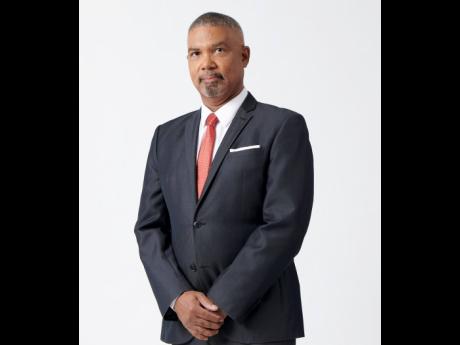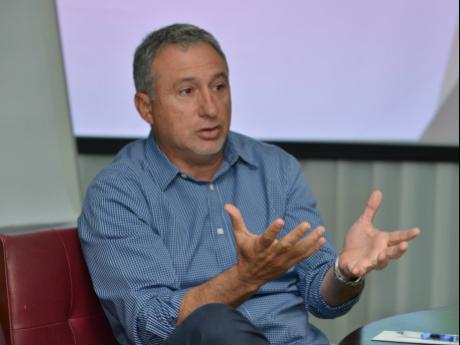Heat still on Integrity watchdog
Business lobbies demand accountability for publication timelines
President of the Private Sector Organisation of Jamaica (PSOJ), Metry Seaga, has not relented in his call for the Integrity Commission (IC) to clarify questions about its handling of a report and ruling on the alleged conflict of interest involving Prime Minister Andrew Holness.
The IC’s investigation report referred the prime minister to the director of corruption prosecution to determine if Holness had breached any law when he recommended a business associate and former employee for contracts in his St Andrew West Central constituency.
However, following the tabling of the report in Parliament on February 14, the decision by the director of corruption prosecution, which was dated January 12, was published on February 16.
“The commission needs to come to the public and clarify questions that have been asked and prove to the country that there has been no lack of efficiency or any malicious intent to sully anybody’s name,” Seaga said in a Gleaner interview on Sunday.
The PSOJ president argued that if the commission can prove that there was no ill intent on its part, there is no need for anyone to resign.
However, he indicated that if the commission cannot provide a credible explanation, he would have to call on the Government to “do whatever is necessary to ensure that the commission is placed in a position that people feel confident in their ability to act without fear or favour”.
Seaga said that no institution or anyone is above the law.
“So if it is that the prime minister needs to ask the governor general to make some changes ... I don’t know. What I want is clarity, and I don’t think we have had clarity from the release that the Integrity Commission has put out.”
On Friday, the commission defended its handling of the tabling of the report and release of the ruling two days later, arguing that it broke no law in carrying out its responsibilities.
In a statement, the commission said that there was no provision mandating the tabling of a ruling by the director of corruption prosecution. Notwithstanding, the commission said that it took the position that in the interest of full and early disclosure, the ruling must be communicated to Parliament and the public advised.
The Director of Investigations Kevon Stephenson-authored report was completed in October 2022. There are questions about why the document was not sent to Parliament for tabling until February this year.
The commission stressed that where a report is sent to Parliament, it “cannot be communicated to anyone before the report has been tabled”. The commission said it is so by virtue of Section 53(3) of the Integrity Commission Act, which states that “until the tabling of a report in Parliament, all matters under investigation by the director of investigation or any other person involved in such investigation shall be kept confidential and no report or public statement shall be made by the commission or any other person in relation to the initiation or conduct of (the) investigation”.
Seaga said that Executive Director Greg Christie should answer questions about his tweets “whilst knowing that the ruling was in”.
“This is not about politics, this is not about personalities. This is about the country having confidence in an Integrity Commission that is fair and impartial,” he added.
Michael McMorris, president of the Jamaica Chamber of Commerce, is calling for accountability in the whole affair.
“So even if you don’t explain to me how it happened, you have to say, well, ‘These are the people who are responsible for that situation. You have the commissioners, you have the executive director, you have staff. At some point, there must have been a realisation that this is an issue of great gravamen,” said McMorris.
He believes that the series of events has “damaged the reputation of the Integrity Commission, damaged the reputation of the office of the prime minister, and damaged the reputation of the country”.
He acknowledged that there could be a standoff between the commission and those calling for it to be held accountable if the positions taken so far remain unchanged.
“No one is above scrutiny, and if it goes for the prime minister, then it must go for the Integrity Commission,” the JCC president said.


